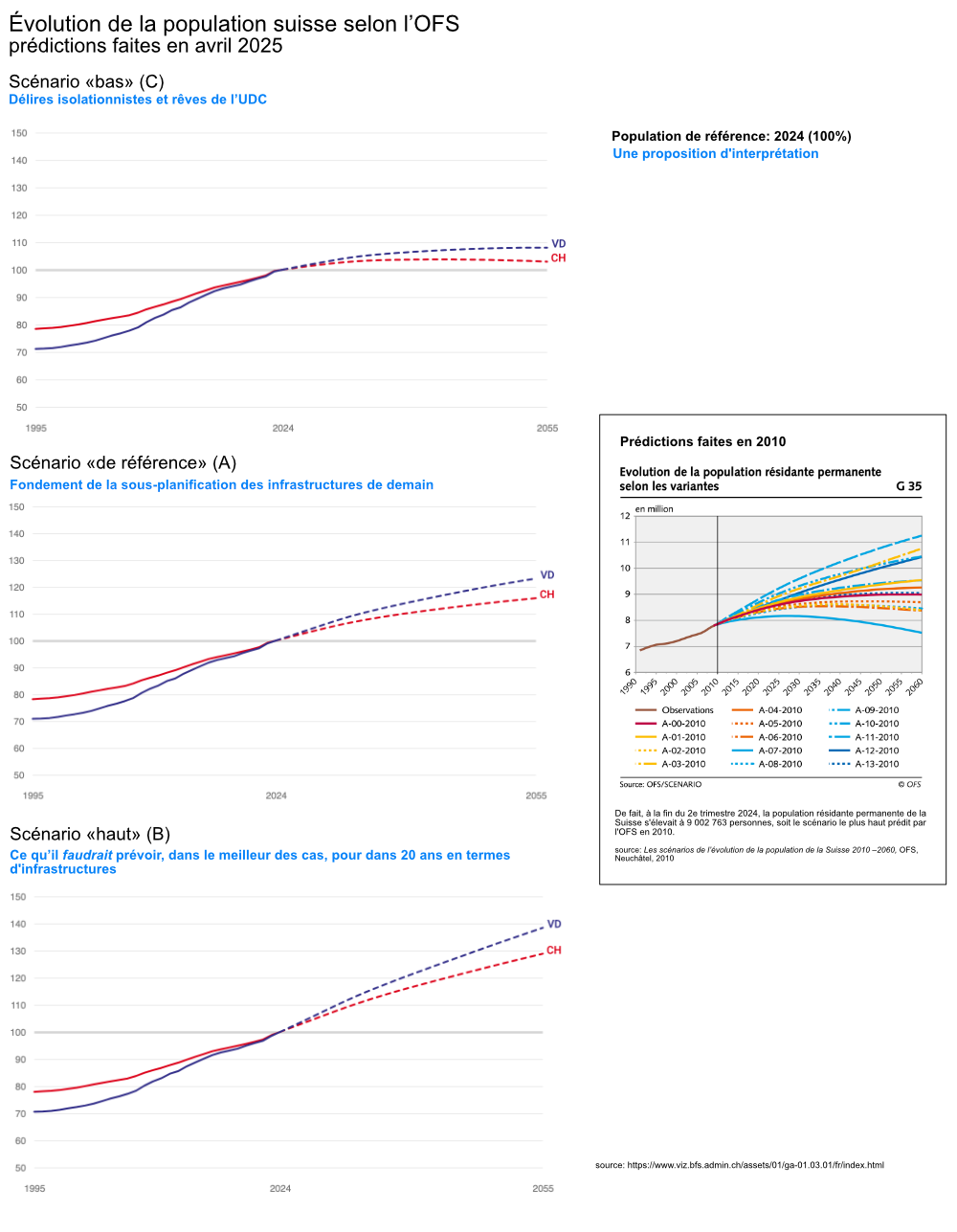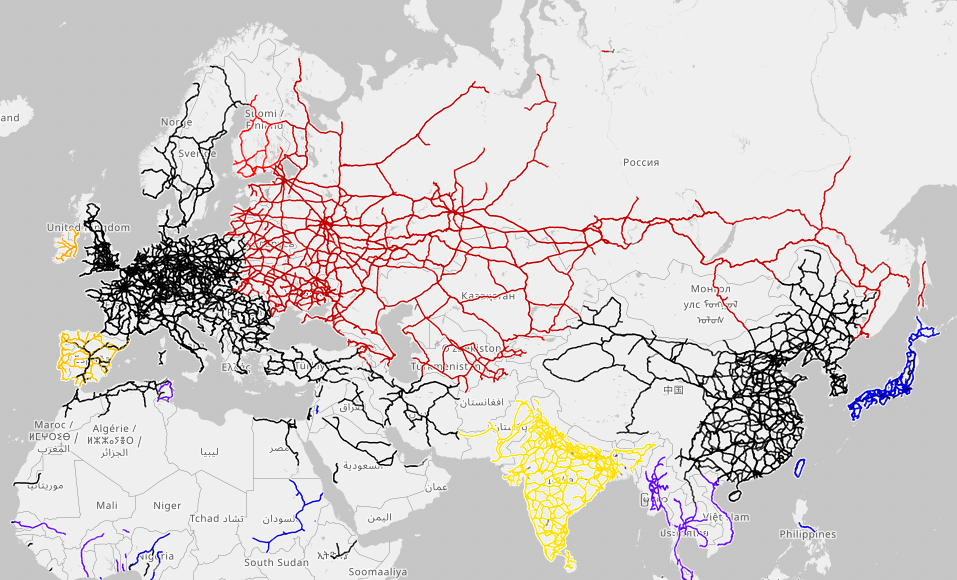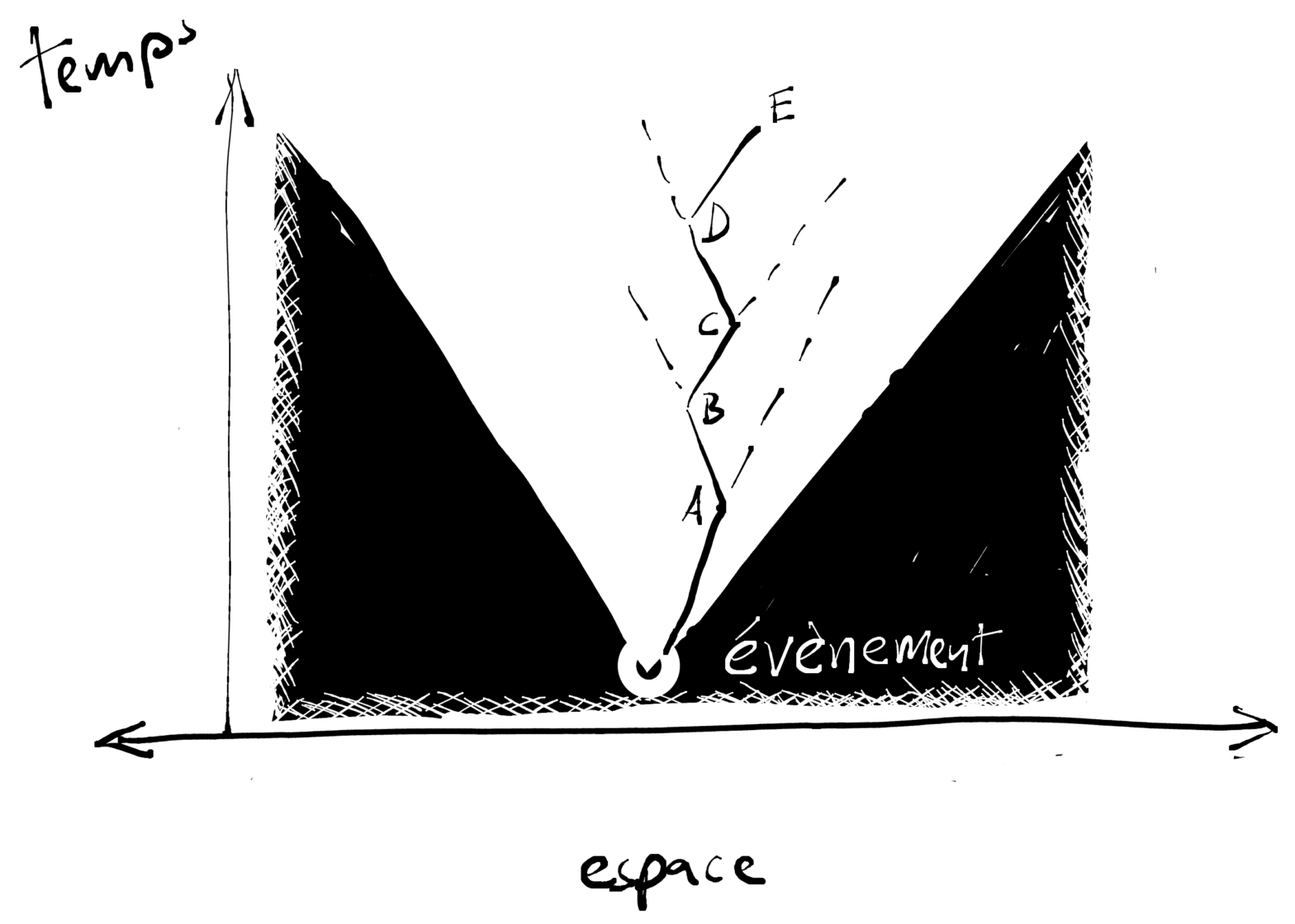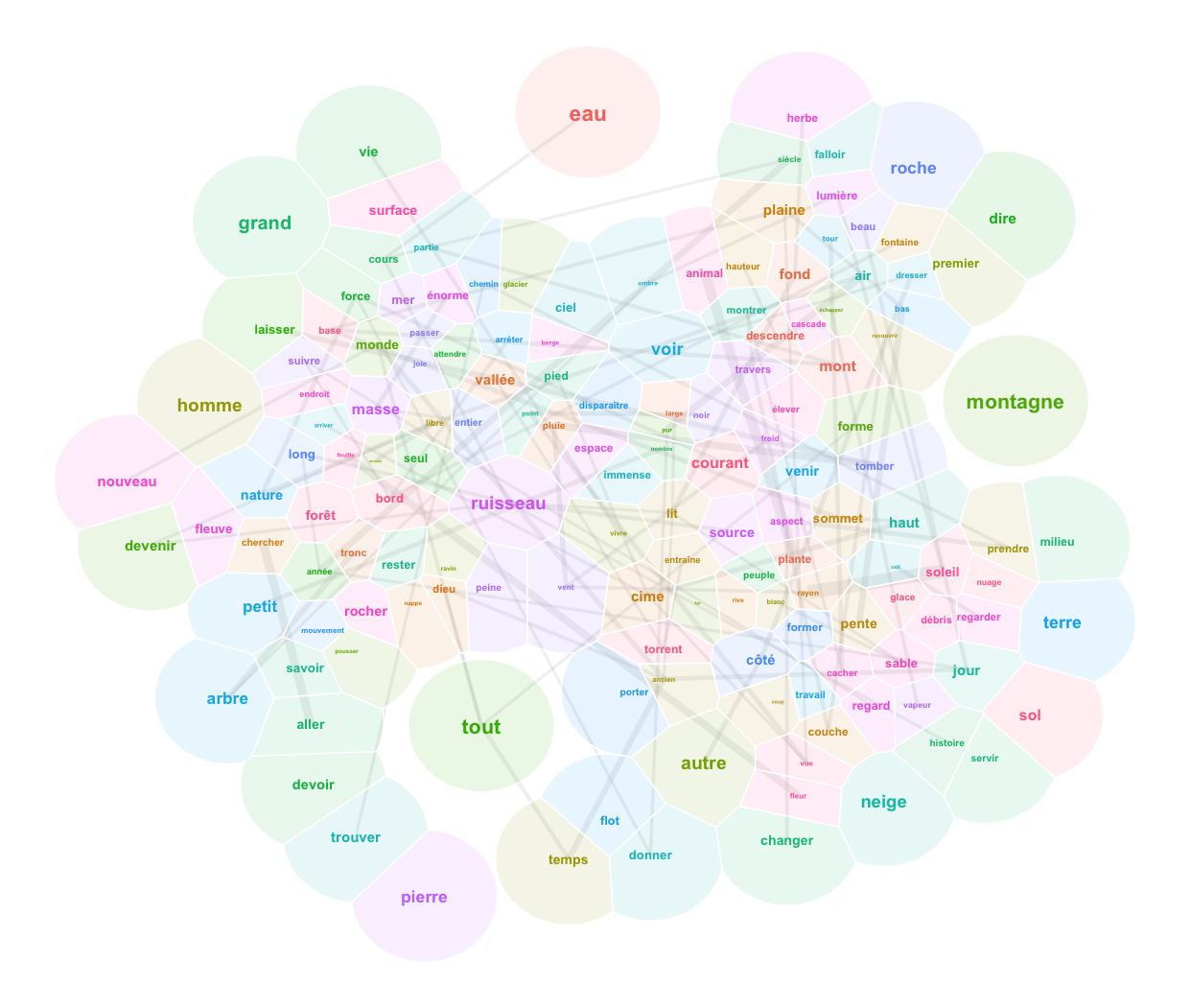L’Office fédéral de la statistique (OFS) vient de publier ses nouveaux scénarios de l’évolution démographique. Ils me rappellent ceux que j’ai vus lorsque je finissais ma thèse de doctorat en géographie en 2010. À l’époque, j’étais déjà surpris d’entendre l’office nous dire que “la croissance démographique continuera telle quelle, ou alors elle s’arrêtera, ou alors […]
Category Archives: Spaces
Quelques réflexions géographiques au sujet des menaces trumpistes à l’encontre du Canada et du Groenland
Nous croyions tous halluciner en entendant hier, 8 janvier, le président élu des États-Unis insinuer une invasion militaire du Canada et du Groenland. En guise d’analyse, tout ce que j’ai lu et entendu dans la presse du jour se résumait à théoriser que Trump était un “cowboy joueur de poker”. Dire que Trump est un […]
Winding Paths in the Space of Conflicts
I rarely travel by plane but, when I do, I can’t help checking that little screen of bad LEDs at least five times an hour, to see the map of locations miles below. Many of them I’ve never heard of, and most of them I’ll never see. Their names appear on the screen like as […]
Figures and Maps of Concepts
This blog entry is work in progress… Please be patient, more content is comming soon. Meanwhile, you can read other posts. Concepts are encoded in most artworks, at least in all that make it to the museum and visiotors bother to see and acedmics to write about. I focus here on major examples. Psyche and […]
Railway Track Gauge: a Material Substrate of Nostalgia and Defiance
A look at the global map of rail track gauges immediately reminds you of the current invasion of Ukraine. There is a material substrate of the putinist nostalgia of the Muscovite Empire. Far more than a purported linguistic or cultural proximity of the ex-Soviet states, this substrate of steel paves the way for geopolitical ambitions. […]
Hypertopia: from Utopia to Omniscience
English translation transcript of my conference given in French at the CERN Globe on September 22nd, 2022, and based on the eponymous book from 2019. Tonight, I propose to talk about two ideas, two concepts. The first one you already know: the concept of utopia. The other concept, which I propose to introduce, is the […]
The impossible territory and the maps of the boyar Kraiensky
Figure 1 Overlapping territories of First Nations in the perception of their members. Screenshot from the geomatics site https://native-land.ca/ . Unstable borders are a cartographer’s nightmare. The simple task of reporting on demographic changes quickly becomes a headache in a country whose municipalities merge, divide, and even change their spatial contours according to the projects […]
The Bifurcation as a View of the Mind
Let us assume the existence of A and B, two points connected by a straight line which, if it extends beyond B, lets us imagine C, a point located anywhere on this imaginary line. C, then, can be said “in the continuity” of A and B. We’ll arrive at point C if we do not […]
Text2Landscape: Visualize a Text in Multiple Spaces with R — Force-directed networks, Biofabric, Word Embeddings, Principal Component Analysis and Self-Organizing Maps
You will find no realistic landscapes prior to the Renaissance. The saints of medieval murals float in a conceptual space informed by hierarchies and symbolic relations; so do those of the Prajñāpāramitā Sūtras. The word “landscape” appears with the Dutch painters of the 15th century. A landscape is a part of the world perceived by […]
Ideograph – explore ideologies of political parties with SPAQRL requests to WikiData, D3 and PixiJS.
Ideograph is a visual tool for exploring ideologies of political parties. It queries its data directly from the frequently updated WikiData graph database. You can filter the graph by country, and find further information by clicking on the node labels. Ideograph is licensed under GNU GPL 3.0. Presentation Video I’ve presented IdeoGraph at the Wikidata […]







